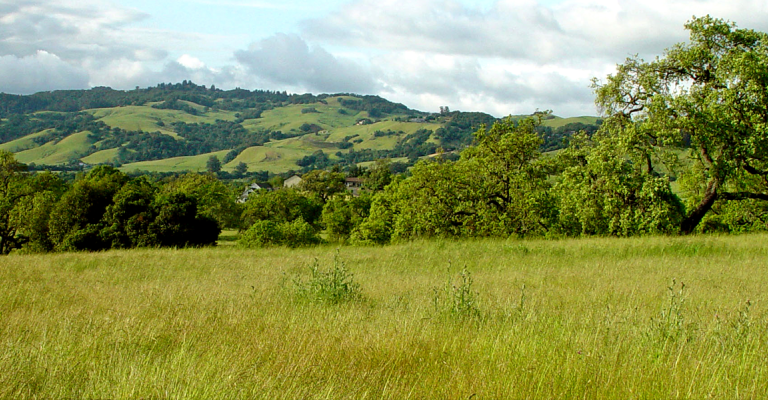Service-Learning in Electrical Engineering
Service-learning activity usually falls into two categories
Type 1: Teaching/tutoring/sharing knowledge from the class.
Example: Engineering students at the University of San Diego partnered with a local middle school as part of a service-learning class, with the goal to keep young students interested in math and science. The university students used communication skills and design skills to create activities and materials for sixth-grade students. The project culminated with the engineering students teaching a science class at the middle school. As one student reflected, “One of the most important things about being an engineer is being able to help other people understand something that they know very little about and that you know a lot about.” 1
Type 2: Using information from the class to do something with/for a community organization.
Example: At Sonoma State University, Dr. Farid Faramand instructed Engineering Science (ES 100), teaching universal design principles, known as the design of products and environments to be usable by all people, to the greatest extent possible. This allowed students to better understand assistive technologies which promote designs that are usable by a wide variety of people for a wide range of applications. ES 110 students designed a simple electro-mechanical ball throwing machine to assist students with physical disabilities. Using the product, children with special needs become engaged in group physical activities while improving their peer interaction and social skills. Since there is no commercially developed ball-throwing machine for disabled children, this project was very promising for physical education instructors. The engineering students were able to learn more about special needs and major concepts in engineering as well as contributing to the community. In the final class survey, students said that this project made them feel more interested in engineering and incorporating engineering concepts for community needs.
Please contact [email protected] for more information.
Farid Farahmand - [email protected] has instructed several service-learning classes and may be willing and able to share advice.


